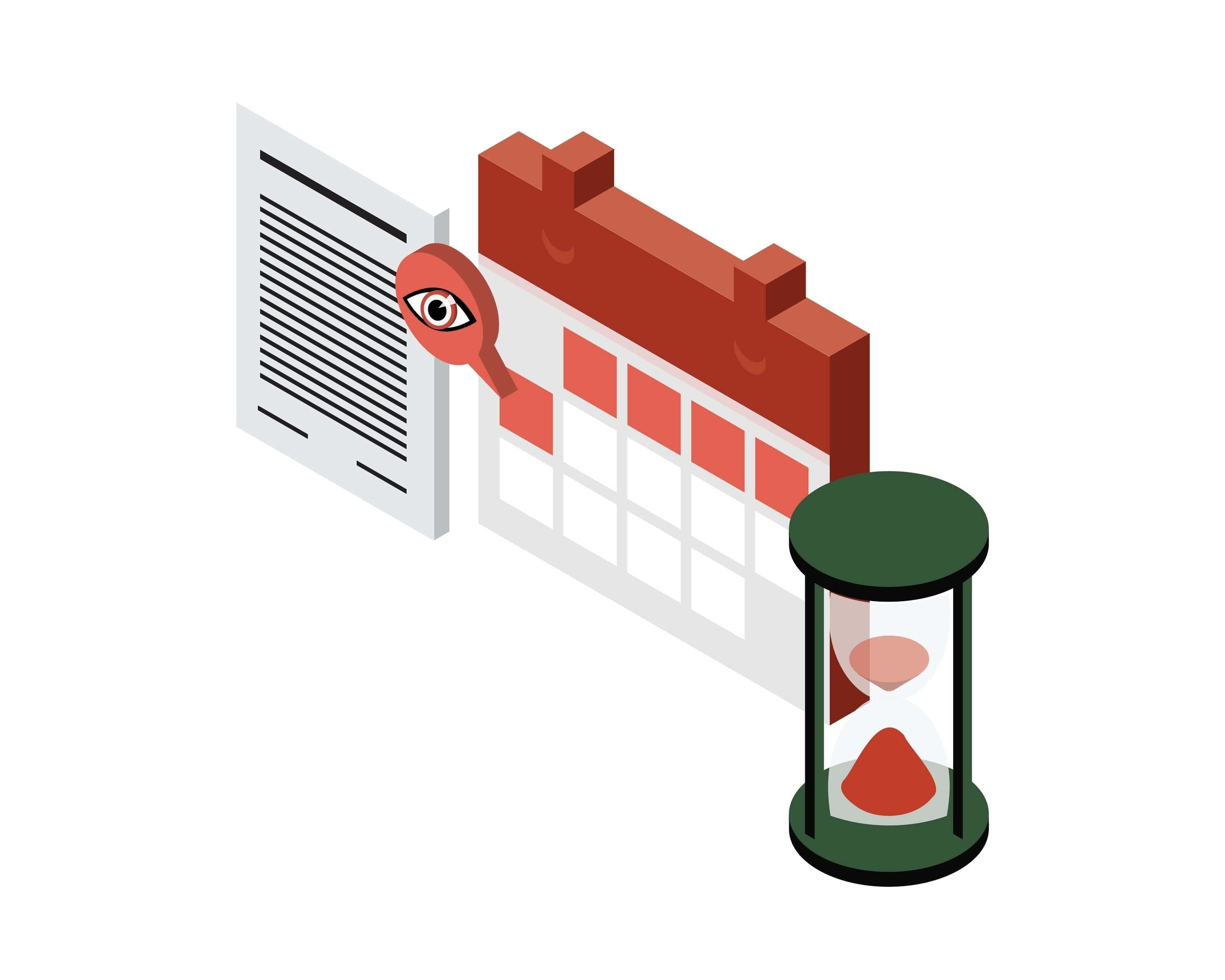What is a Life Insurance Policy?
A life insurance policy is a contract between an individual and an insurance company that provides financial protection to the policyholder's beneficiaries, in case of the policyholder's death. Under this policy, the policyholder pays a premium to the insurance company, and in return, the insurance company pays a lump sum amount to the beneficiaries of the policyholder, in case of his untimely death. The policyholder can choose the beneficiaries, and the payout can be used by the beneficiaries to cover expenses such as funeral costs, debts, and living expenses. Life insurance policies come in different types, such as term life insurance, whole life insurance, and universal life insurance, each with its benefits and features. It is essential to carefully evaluate your needs and choose a policy that provides the right amount of coverage and suits your budget.
What is a Health Insurance Policy?
In a health insurance policy, you sign a contract with an insurance company to secure financial protection against medical expenses. Under this policy, you pay a premium to the insurance company; and they pay for your medical expenses, based on the terms and conditions mentioned in the policy document. You can choose from different coverage options, such as hospitalisation expenses, pre and post-hospitalisation expenses, daycare treatments, ambulance charges, and more. Based on your needs and budget, you can also choose the sum insured you require. Having a health insurance policy is crucial in today's times, where healthcare costs are rising rapidly, and a medical emergency can lead to significant financial burdens.
Life Insurance vs. Health Insurance
| Features | Life Insurance | Health Insurance |
|---|
| Purpose | To provide financial protection to beneficiaries, in case of the policyholder's death. | To cover medical expenses incurred by the policyholder or his family members. |
| Coverage | Death benefits paid to beneficiaries. | Medical expenses incurred by the policyholder or his family members. |
| Premiums | Lower premiums for younger and healthier individuals. | Higher premiums for individuals with pre-existing conditions. |
| Payout | Paid out on the policyholder's death. | Paid out on hospitalisation or a medical expense |
| Renewability | Depends on the policy terms. | Lifetime renewability options are available. |
| Tax Benefits | Tax-exempt under Section 80C of the Income Tax Act. | Tax benefits on premiums paid under Section 80D of the Income Tax Act. |
| Investment | Can provide investment opportunities through certain policies. | Typically does not offer investment opportunities. |
Types of Life Insurance Policies
There are two main categories of life insurance:
Term Life Insurance:
This type of life insurance provides coverage for a specific term or duration, usually ranging from 5 to 30 years. If the policyholder dies during the term of the policy, the beneficiaries receive a death benefit. Term life insurance is a popular choice for those who need temporary coverage, such as to pay off a mortgage or provide financial support for young children, until they become financially independent.
Permanent Life Insurance:
This type of life insurance provides coverage for your entire lifetime, as long as you pay the premiums on time. Permanent life insurance includes two sub-types:
a. Whole Life Insurance: In this type of policy, a portion of the premium payments goes towards the death benefit, while the remaining portion is invested in a savings or investment account. The cash value of the policy grows over time and can be borrowed against or used to pay future premiums.
b. Universal Life Insurance: This type of policy also includes a savings or investment component, but offers more flexibility in terms of premiums and death benefit amounts. Policyholders can adjust their premiums and death benefit amounts over time to better suit their changing needs. The cash value of the policy can also be used to pay future premiums or borrowed against.
Types of Health Insurance Policies
Individual Health Insurance:
This type of policy provides coverage for an individual policyholder. The policyholder pays a premium to the insurance company, which then provides coverage for medical expenses incurred by the policyholder. Individual health insurance policies can be customised to meet the specific needs of the policyholder.
Family Floater Health Insurance:
This type of policy provides coverage for the entire family under a single policy. The premium is based on the age of the oldest member of the family covered under the policy. Family floater policies offer the convenience of a single policy for the entire family, which can be cost-effective compared to individual policies for each family member.
Senior Citizen Health Insurance:
This type of policy is designed specifically for senior citizens, who often have different healthcare needs compared to younger individuals. Senior citizen health insurance policies provide coverage for medical expenses such as hospitalisation, pre-existing conditions, and critical illnesses that are more common among older individuals.
Which Insurance should I Opt for?
The choice between life and health insurance depends on your individual needs and circumstances. If you are concerned about protecting your family's financial future in case of your untimely death, then life insurance is the right choice for you. On the other hand, if you want to protect yourself and your family against medical expenses, then health insurance is the right choice.
It's important to carefully evaluate your needs and choose the policy that provides the right amount of coverage and suits your budget. You may also consider investing in both policies if your financial circumstances allow it, to ensure complete financial protection for yourself and your family.






 1800-270-7000
1800-270-7000










